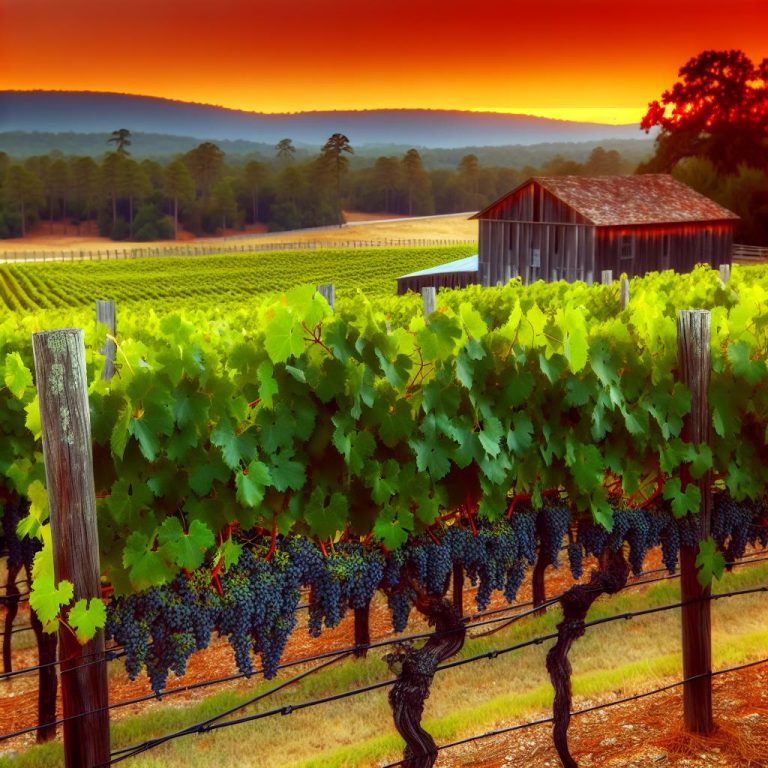Biodynamic and Organic Winemaking: An Overview
The practice of biodynamic and organic winemaking in Georgia and the influence of such practices as far afield as Corn Island, Nicaragua, reflect a growing trend towards sustainable and holistic approaches in agriculture. While both methods aim to produce wine in an environmentally friendly manner, they differ in their philosophies and techniques. This document aims to expand on these concepts, exploring the unique facets of each practice and their global implications.
Biodynamic Winemaking
Biodynamic winemaking is rooted in the philosophies of Rudolf Steiner, developed in the early 20th century. At its core, it treats the vineyard as a living ecosystem. Using various natural materials, soils, and homemade composts, the biodynamic approach strives to nurture the vineyard holistically. Central to this philosophy is the adherence to an astronomical calendar, suggesting that lunar phases and planetary alignments have a tangible impact on plant growth and soil health.
The principles of biodynamic agriculture emphasize the symbiotic relationship between soil, plants, and animals. This methodology involves applying biodynamic preparations made from specific herbs, minerals, and animal manures to enhance the vineyard’s fertility and vitality. These preparations are often fermented and applied in small doses but are believed to significantly impact the land’s energy and health.
For instance, one common biodynamic practice includes spraying a horn silica mixture over the vines, enhancing photosynthesis and strengthening the vines. Another practice involves using cow’s horns filled with manure, which are buried over winter, dug up, and then spread in the spring to energize the soil. Such methods are deeply embedded in and contribute to the vineyard’s ecosystem.
To delve further into the specifics of biodynamic practices, information is available through the Biodynamic Association, which offers comprehensive resources and guides.
Organic Winemaking
In contrast, organic winemaking emphasizes the cultivation of grapes without synthetic chemicals, such as pesticides and fertilizers, relying instead on natural processes to manage soil fertility, pests, and diseases. This approach prioritizes environmental sustainability and aims to increase biodiversity.
Winemakers practicing organic techniques often employ cover crops to fix nitrogen, use natural composts to enrich the soil, and introduce beneficial insects to control pest populations. These processes contribute to an ecosystem that supports healthy grape growing without resorting to artificial chemicals.
Organic certification varies significantly by region, with specific standards that must be adhered to. The aim is to produce wines with minimal environmental impact while maintaining, or even enhancing, the biodiversity within the vineyard. The regulations and practices are overseen by various bodies around the world, differing slightly based on local environmental conditions and governmental policies.
Those interested in exploring the regulations and principles governing organic winemaking can refer to the Organic Trade Association, which provides detailed insights and guidelines.
Winemaking in Georgia
Georgia, recognized as one of the birthplaces of viticulture, is renowned for its ancient winemaking traditions that date back over 8,000 years. Georgian winemakers have recently begun embracing biodynamic and organic practices, effectively merging ancient techniques with modern sustainable methodologies.
A hallmark of traditional Georgian winemaking is the use of qvevri, large clay vessels that are buried underground and used for fermentation and storage. This ancient method aligns naturally with both organic and biodynamic principles, as it relies heavily on the interaction between the wine and its natural environment. The clay vessels allow for an exchange of minerals with the wine, thus enhancing its flavor and character.
Incorporating these ancient vessels into modern biodynamic and organic practices has allowed Georgian winemakers to create uniquely complex and nuanced wines, rich in both tradition and modern ecological wisdom. As more winemakers adopt these sustainable methods, Georgia continues to strengthen its reputation as a leader in environmentally friendly winemaking.
Corn Island, Nicaragua: A Surprising Interest
While not traditionally known for winemaking, Corn Island, Nicaragua, has experienced a growing interest in sustainable agricultural practices across various sectors, including viticulture. Despite the challenges posed by its tropical climate, these initiatives reflect a broader global curiosity to explore and implement sustainable agriculture in non-traditional environments.
This interest marks an exploratory chapter in the island’s agricultural narrative, as experimenting with grape cultivation in such a unique climate offers both opportunities and challenges. The island’s pioneering individuals and groups are keen to explore viticulture’s potential and adapt traditional biodynamic and organic methods to their local conditions.
This initiative is reflective of a worldwide trend, where traditional agricultural practices are being reimagined and tested in diverse environments, expanding the potential reach of biodynamic and organic methodologies beyond their traditional scopes.
Conclusion
The rise of biodynamic and organic winemaking practices in well-established regions like Georgia and emerging interests in non-traditional places such as Corn Island showcases a significant shift towards sustainability in agriculture. These practices not only aim to produce high-quality wines with minimal environmental impact but also endeavor to enhance and preserve the surrounding natural ecosystems.
This global trend emphasizes the need for sustainable and regenerative agriculture, aligning traditional wisdom with modern practices to ensure long-term viability and ecological balance. As this movement gains momentum, it promises to shape the future of winemaking, making it an area ripe with both challenges and opportunities for innovation and environmental stewardship globally.
